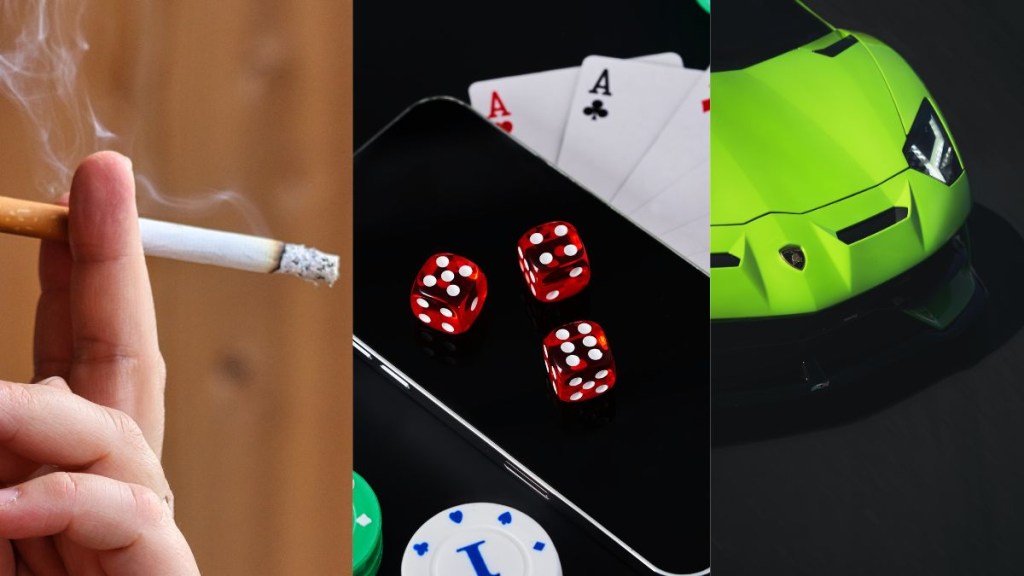A major restructure of the tax regime appears to be on the horizon after Prime Minister Narendra Modi hinted at significant changes in his Independence Day address. According to reports, a special 40% tax rate is being considered for goods falling under the “sin and demerit” category. Items likely to be included in this top slab are pan masala, tobacco, cigarettes, luxury cars, and online gaming.
GST on ‘sin goods’: Cigarettes, luxury cars and more
The GST 2.0 blueprint brings with it new tax rates for one of the most heavily taxed products in India – cigarettes. While the total tax burden works out to be 48-55% of the maximum retail price, this ‘sin and demerit’ good is set to enter the maximum tax slab range. Similarly, for luxury cars, the rejig is aimed at ending the classification disputes among automobiles based on size, fuel type, and other specifications. As per an ET report, the new GST regime will move towards a double-tier regime of 5% and 18%, with an additional 40% on select vehicles.
Online gaming with the threat of increased spending
As per the Department of Revenue, the country’s “social ethos” has been a determining factor in choosing such goods under this category, reported The Indian Express. However, if this move does get finalised, it is likely to spark uproar among the online gaming platforms widely prevalent in India, with their opposition to the current 28% GST levied on them.
This comes after growing concerns within the Central and state governments over the financial commitment to these gaming platforms, considering the auto-pay features within the apps, often done without the user’s consent. Made in the backdrop of 50% US tariffs on India, this report also highlights the contrast of the tax cuts promised by PM Modi by Diwali 2025.
KYC checks, anti-money laundering laws
Indians are spending heavily on online gaming, according to Chief Economic Advisor V. Anantha Nageswaran. He revealed that with the ease of UPI payments, the payments for digital games have crossed Rs 10,000 crore every month. This translates to a massive Rs 1.2 trillion spending annually.
Following these staggering numbers, the Centre is set to bring real-money gaming platforms under anti-money laundering laws, which would mean tighter rules like KYC checks and reporting of suspicious transactions, along with the 40% tax slab they are predicted to enter.
